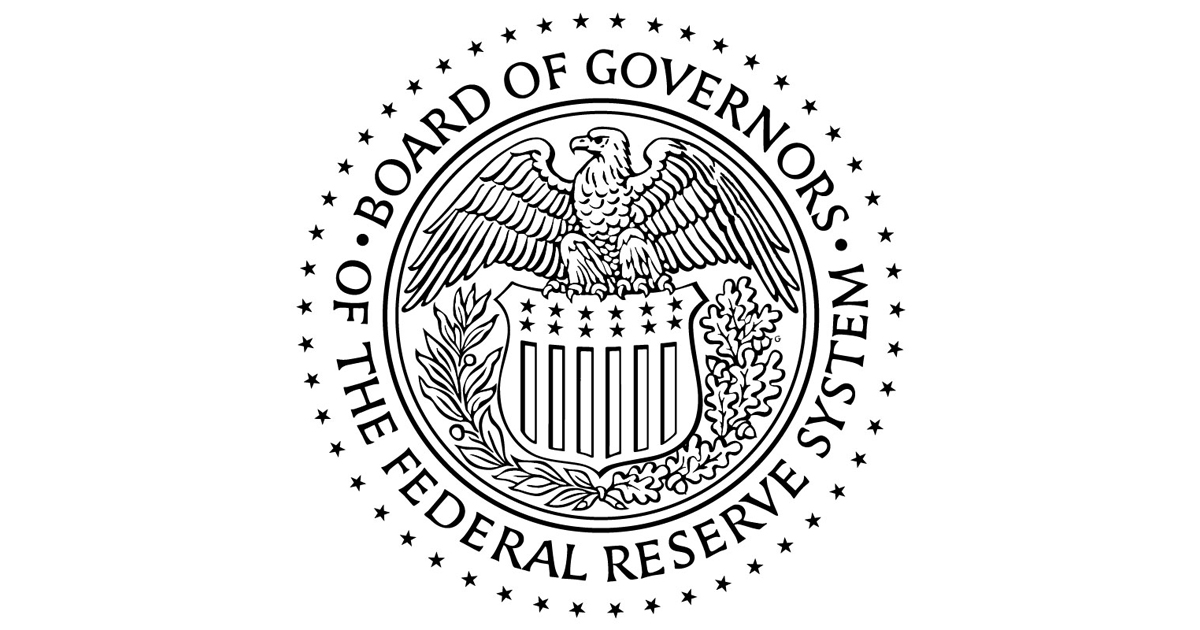India plans to introduce a law to ban private cryptocurrencies such as bitcoin and put in place a framework for an official digital currency to be issued by the central bank, according to a legislative agenda listed by the government.
The law will “create a facilitative framework for creation of the official digital currency to be issued by the Reserve Bank of India (RBI),” said the agenda, published on the lower house website on Friday.
...

India proposes law to ban cryptocurrencies, create official digital currency
India plans to introduce a law to ban private cryptocurrencies such as bitcoin and put in place a framework for an official digital currency to be issued by the central bank, according to a legislative agenda listed by the government.


















